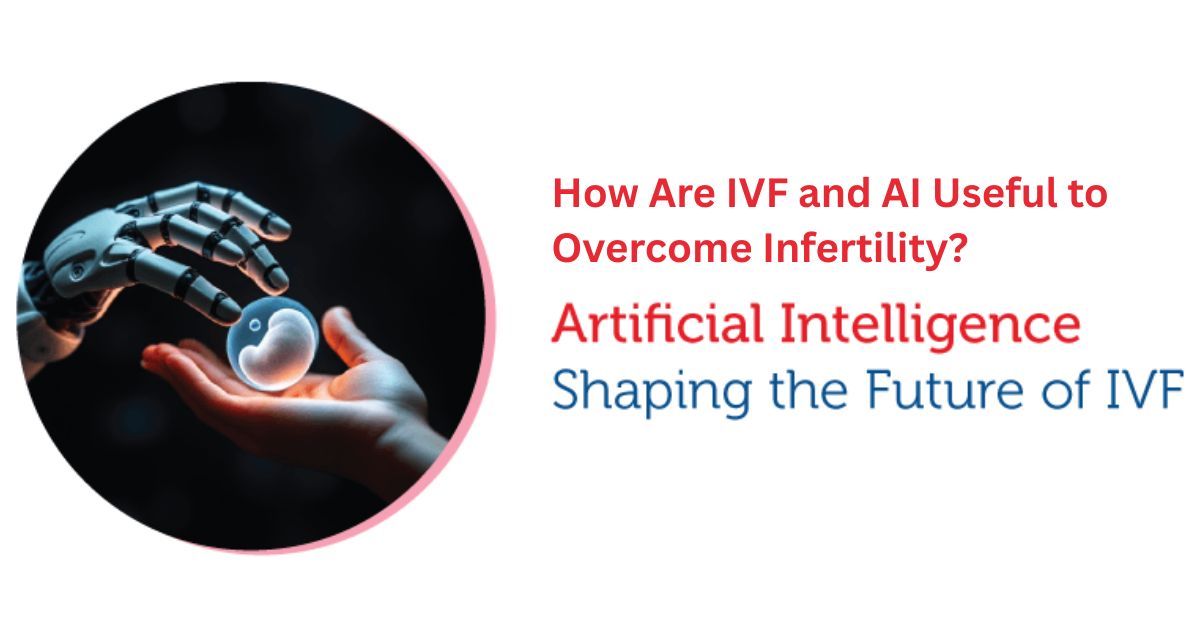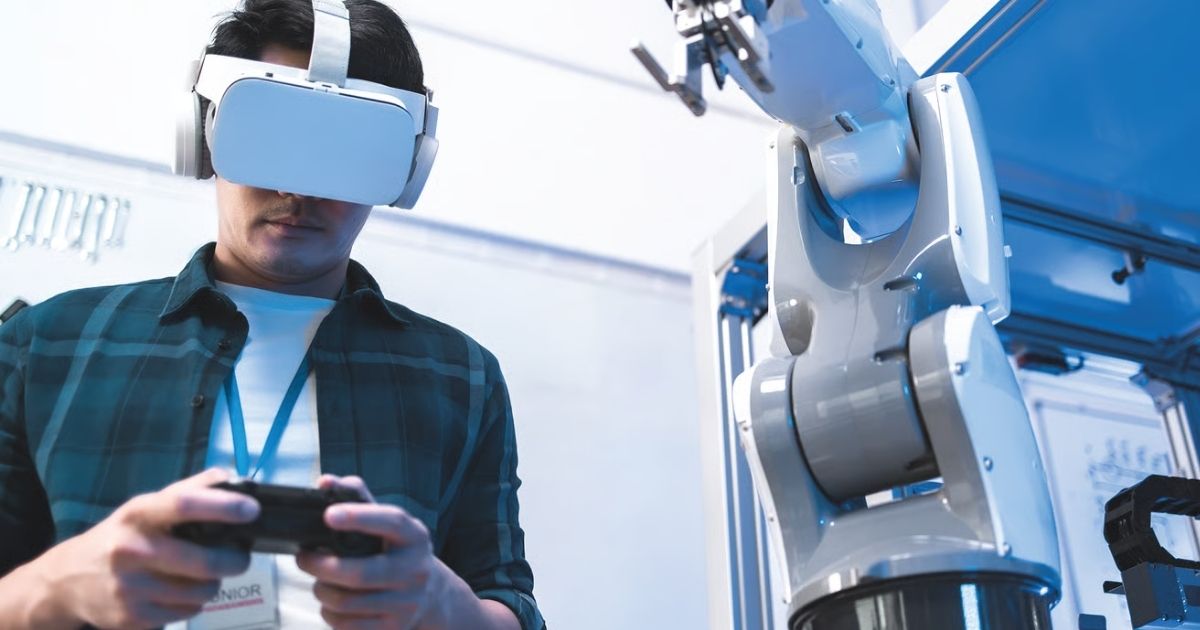In a world where technology continues to break new ground, the intersection of artificial intelligence (AI) and education offers unprecedented opportunities for personalized learning. Among the innovators in this space is Eureka Labs, an educational technology startup founded by renowned AI researcher Andrej Karpathy.
Eureka Labs aims to revolutionize education by developing AI teaching assistants capable of providing one-on-one help with foundational concepts in computer science and mathematics. This blog delves into Eureka Labs' mission, its flagship product LLM101N, and the broader implications of AI in education.
1. The Vision of Eureka Labs
Eureka Labs was born out of the vision to make quality education more accessible through the innovative use of AI. Founded by Andrej Karpathy, a prominent figure in the AI research community, the company focuses on developing AI systems that can augment traditional education methods.
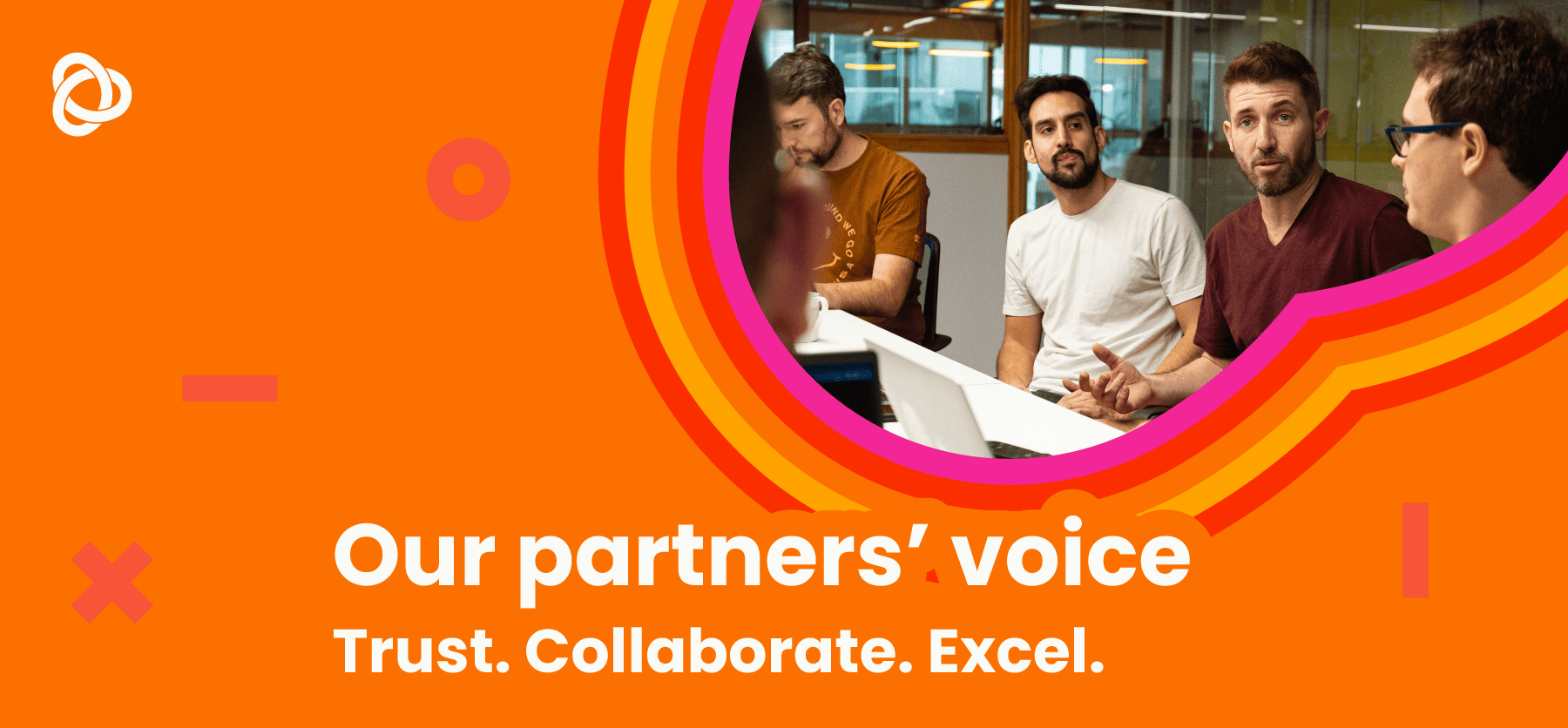
Karpathy’s inspiration for Eureka Labs stems from the challenges of teacher shortages and the unequal distribution of educational resources across the globe. By leveraging AI, Eureka Labs seeks to democratize education, making it possible for students everywhere to receive personalized, high-quality instruction.
2. Introducing LLM101N: The AI Teaching Assistant
At the core of Eureka Labs' offerings is LLM101N, an AI-powered teaching assistant designed to support students in learning basic computer science and mathematics concepts.
LLM101N stands out from traditional educational tools through its sophisticated use of large language models (LLMs) based on Transformer architectures. These models enable LLM101N to understand complex questions, explain concepts clearly and concisely, and provide step-by-step guidance tailored to each student's needs.
How LLM101N Works
LLM101N uses advanced natural language processing (NLP) techniques to interact with students in a way that feels natural and intuitive. Unlike many educational tools that simply provide answers, LLM101N emphasizes conceptual understanding. When a student poses a question, the AI doesn't just answer but walks the student through the reasoning process. By doing so, LLM101N helps students develop a deeper understanding of the material.
The Role of Transformer Architectures
The effectiveness of LLM101N is largely due to its underlying Transformer architecture, a state-of-the-art model in the field of machine learning. Transformers are particularly well-suited for tasks involving sequential data, such as language, which is essential for understanding and generating human-like text. By using Transformers, LLM101N can parse complex queries, interpret context, and generate explanations that are both accurate and easy to understand.
3. The Human-Like Quality of LLM101N

One of the most remarkable features of LLM101N is its ability to mimic the qualities of a patient, knowledgeable human tutor. This is not a trivial achievement, as effective teaching requires more than just factual knowledge—it requires empathy, the ability to identify and correct misunderstandings, and the skill to adapt explanations to the learner's current level of understanding.
Providing Feedback and Clarifying Misunderstandings
LLM101N is designed to engage in a dialogue with students, offering feedback on their answers and helping to clarify any misunderstandings. This interactive approach is crucial for learning, as it allows students to test their understanding, receive immediate feedback, and refine their knowledge through guided practice. By focusing on the student's thought process rather than just the final answer, LLM101N helps build strong foundational skills.
Personalized Learning Experiences
Every student learns at a different pace and has unique strengths and weaknesses. LLM101N takes this into account by personalizing its responses based on the individual student's needs. As the AI interacts with more students, it becomes better at tailoring its guidance, making it a valuable tool for differentiated instruction.
4. The Broader Impact of AI in Education

The potential impact of AI teaching assistants like LLM101N extends far beyond individual tutoring sessions. As these systems become more sophisticated and widely adopted, they could play a significant role in addressing some of the most pressing challenges in education today.
Addressing Teacher Shortages
One of the primary motivations behind the development of LLM101N is the global shortage of qualified teachers, particularly in specialized subjects like computer science and mathematics. By supplementing human teachers, AI teaching assistants can help bridge this gap, ensuring that more students have access to the instruction they need to succeed.
Expanding Access to Quality Education
In many parts of the world, access to quality education is limited by geographical, economic, and social factors. AI teaching assistants have the potential to transcend these barriers, providing students in remote or underserved areas with access to the same level of instruction as their peers in more advantaged regions. This could be a game-changer in the fight for educational equity.
Enhancing Human Teachers’ Effectiveness
Eureka Labs is clear in its vision: AI teaching assistants are not meant to replace human teachers but to complement them. By handling routine instructional tasks and providing personalized support to students, AI systems like LLM101N can free up teachers to focus on higher-level aspects of education, such as fostering critical thinking, creativity, and collaboration. This synergy between AI and human teachers could lead to more effective and engaging learning environments.
5. The Future of Eureka Labs and LLM101N
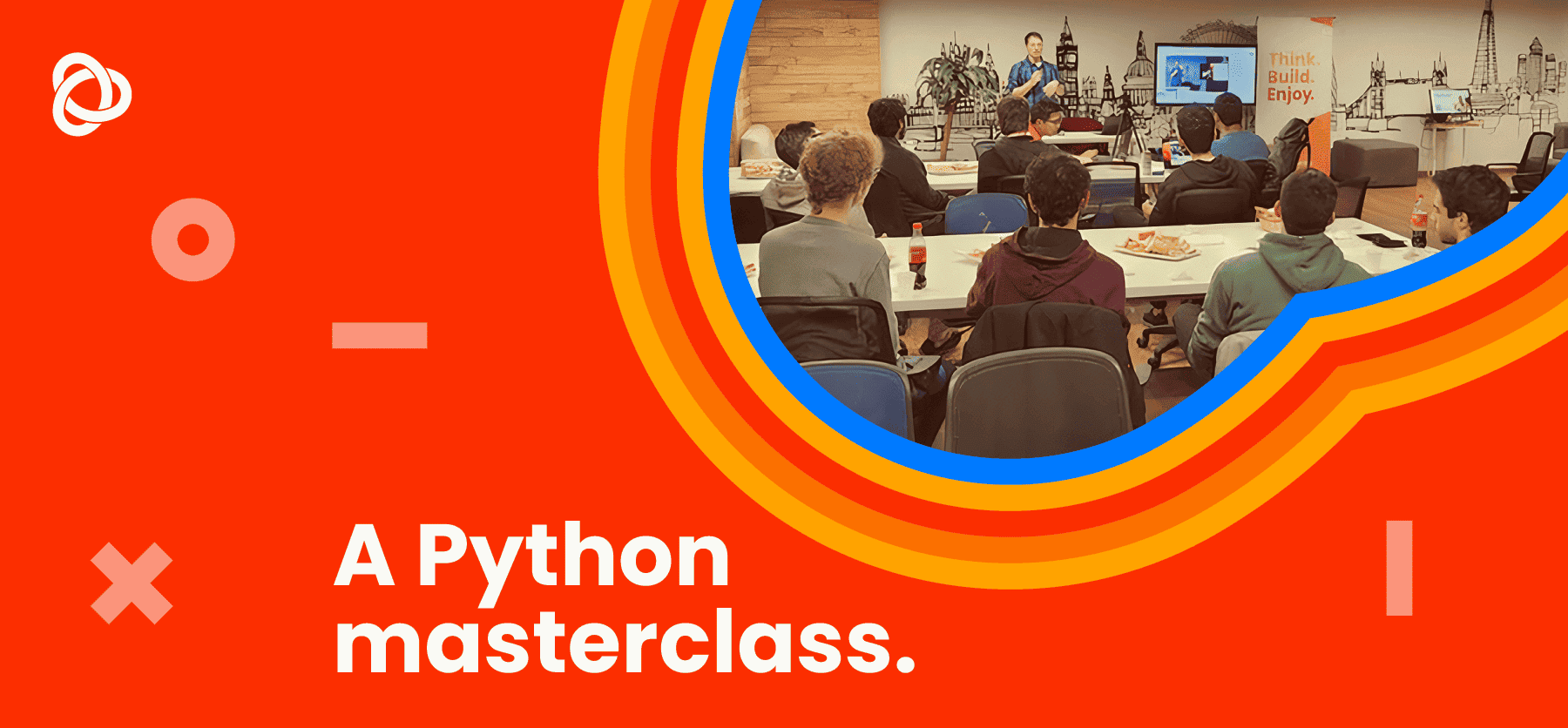
While LLM101N has already received positive reviews for its clarity and effectiveness, Eureka Labs has no intention of resting on its laurels. The company is committed to continuous improvement, with plans to expand the AI’s capabilities to cover more subjects and support more advanced levels of learning.
Learning from Student Interactions
One of the key ways Eureka Labs plans to enhance LLM101N is by learning from its interactions with students. As the AI engages with more learners, it collects valuable data on common misconceptions, effective teaching strategies, and student preferences. This data can be used to refine the AI’s algorithms, making it an even more effective teaching tool over time.
Expanding to New Subjects
Currently, LLM101N focuses on computer science and mathematics, but Eureka Labs envisions a future where AI teaching assistants can support a wide range of subjects. By applying the same principles of personalized, conceptual instruction, future iterations of LLM101N could help students master topics in science, literature, history, and beyond.
6. Addressing the Ethical and Practical Challenges

As with any new technology, the introduction of AI teaching assistants raises important ethical and practical questions. Eureka Labs is aware of these challenges and is committed to addressing them thoughtfully and responsibly.
Ensuring Fairness and Avoiding Bias
AI systems are only as good as the data they are trained on. To ensure that LLM101N provides fair and unbiased instruction, Eureka Labs is taking steps to carefully curate the training data and continuously monitor the AI’s performance. This includes working to identify and eliminate any biases that might disadvantage certain groups of students.
Maintaining Privacy and Security
Student data privacy is a top priority for Eureka Labs. The company is implementing robust security measures to protect sensitive information and is committed to complying with all relevant data protection regulations. In addition, Eureka Labs is exploring ways to allow students and educators to control what data is collected and how it is used.
Navigating the Role of AI in Education
As AI becomes more integrated into the educational landscape, it is important to have ongoing discussions about the appropriate role of these technologies. Eureka Labs is engaging with educators, policymakers, and other stakeholders to ensure that AI teaching assistants are used in ways that enhance, rather than detract from, the educational experience.
Check out the alternative option here >>>> Codia AI <<<<
Final Thoughts
Eureka Labs, with its innovative AI teaching assistant LLM101N, is at the forefront of a new era in education. By combining advanced natural language processing with a deep commitment to personalized, student-centered learning, Eureka Labs is helping to make high-quality education more accessible and effective than ever before.
As the company continues to refine and expand its offerings, the potential for AI to transform education will only grow. The future of learning is bright, and with thoughtful implementation, AI can play a crucial role in shaping it for the better.




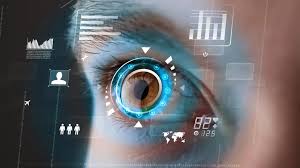



.jpg)
